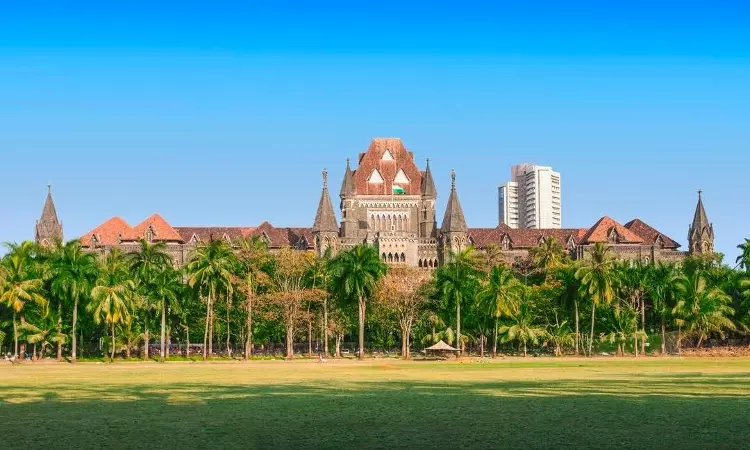Courts Can't Constantly Interfere And Micro-Manage Arbitral Proceedings: Bombay High Court
Rajesh Kumar
21 July 2024 12:00 PM IST

Next Story
21 July 2024 12:00 PM IST
The Bombay High Court bench of Justice Arif S. Doctor has held that the court cannot constantly interfere with and micromanage proceedings which are pending before Arbitral Tribunals. The bench held that the scope of judicial interference under Section 37(2)(b) of the Arbitration Act is limited in nature. The bench held that the court: (i) will not interfere with...
